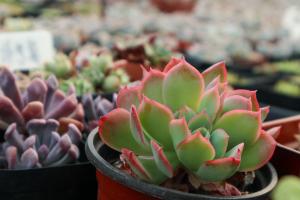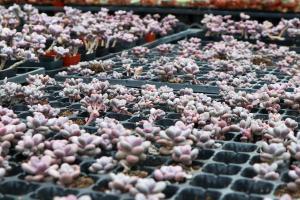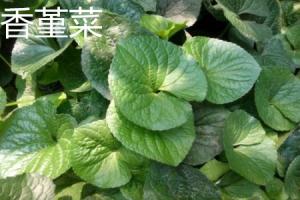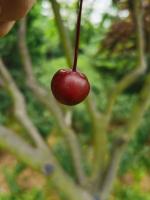1、 Daily maintenance
Park Address
In order that fig can survive the winter safely, it is suitable to choose the place with the wind facing the sun, and avoid waterlogging depressions and cold air accumulation areas. The place with the lowest temperature below - 15 ℃ in winter is not suitable for garden construction, but can be cultivated in courtyard or protected area
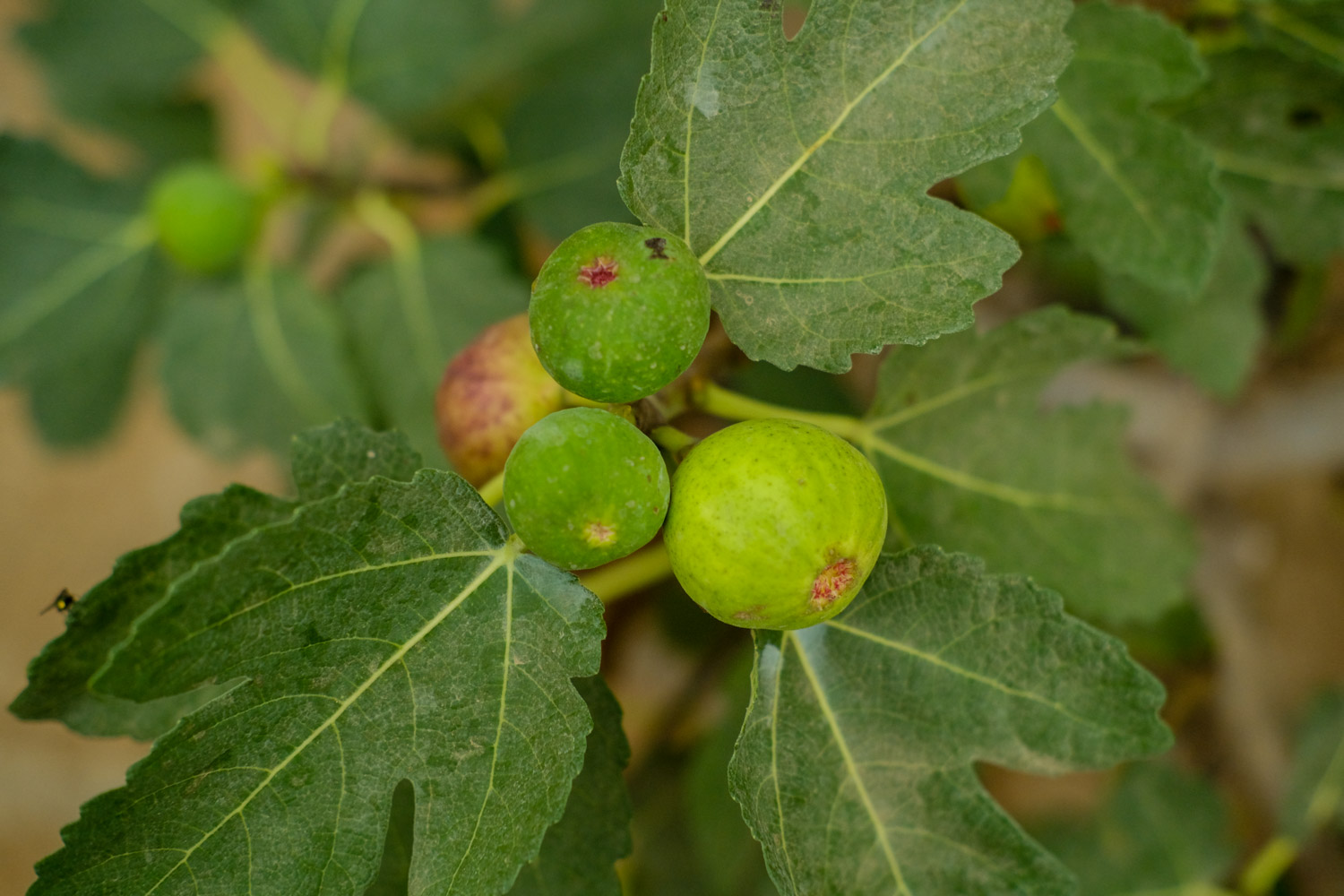
Timely planting
Select suitable cold resistant varieties, generally choose to plant before and after bud germination. If the time is not appropriate, such as planting in early spring or autumn, it is easy to produce freezing injury and branch drying, which will endanger plant growth
Shaping and trimming
The suitable time for pruning is generally in late March, because pruning at this time will not dry the branches. If pruned in winter, it will cause branches to be drained generally. 8 in the middle and late ten days, it is necessary to pick the heart for 1-2 times, which can not only control the growth of branches and increase the Lignification and cold resistance of branches, but also promote the early fruit growth and early ripening

Fertilizer and water management
After autumn, it is necessary to control fertilizer and water, which is conducive to increasing the lignification degree of branches. In addition, the ability of cold resistance can be improved by pouring overwintering water
2、 Overwintering measures
White tie grass
The main branches and their larger lateral branches of fig trees are painted white with whitening agent. Or before the severe winter comes, set up wind barriers and bind straw ropes, corn stalks and other protective objects. Note that binding shall not be too early or too dense to strengthen frost resistance exercise; Untie in early spring should not be too early. It is appropriate to untie in late March to prevent pumping dry caused by cold in late spring
Anti freezing of buried soil
In colder areas in winter, anti freezing measures can be taken to bury the soil, and the soil can be trimmed and buried before the cold current attacks. If it is potted in the courtyard, it can be moved to the leeward and sunny place, or directly indoors
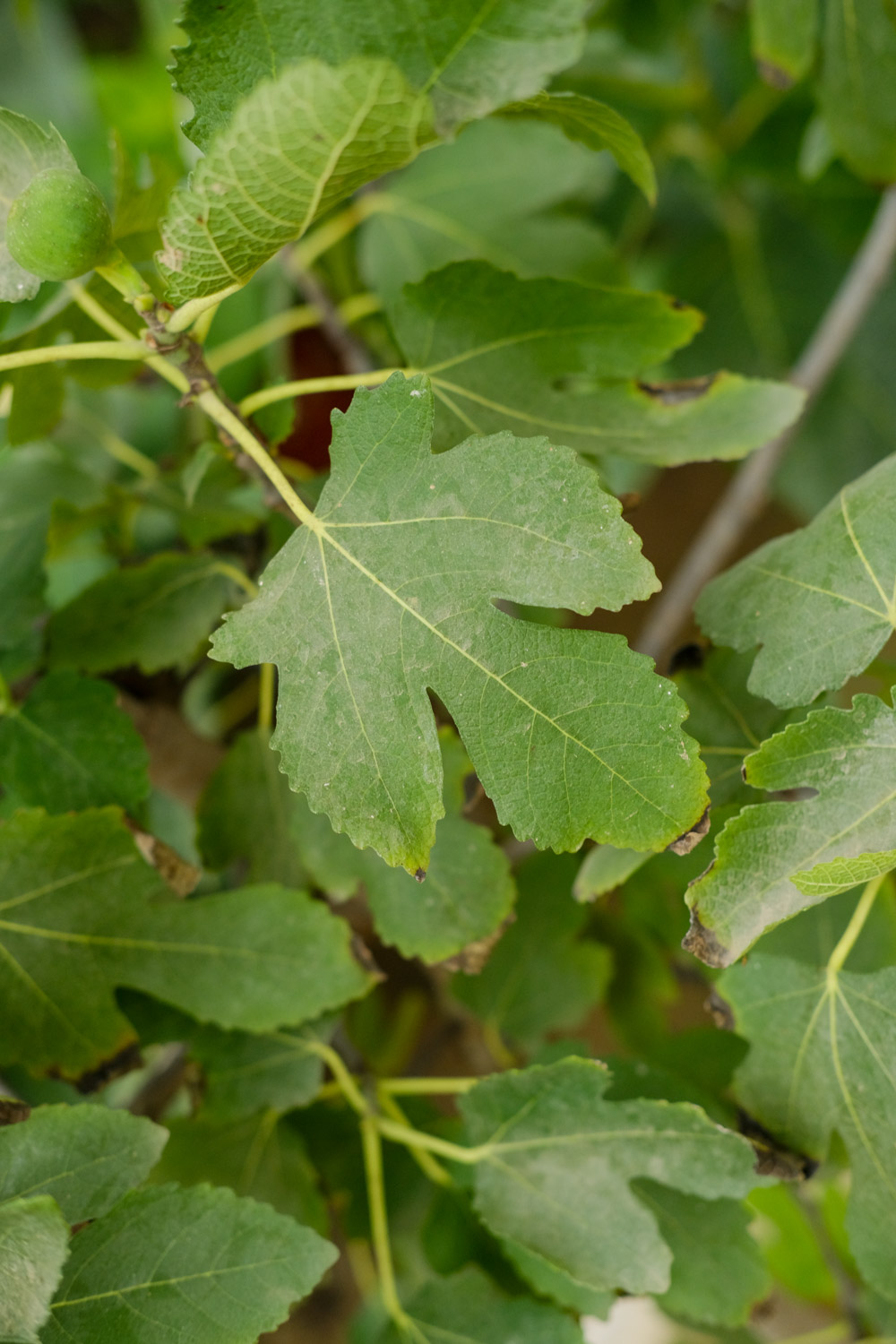
Treatment after victimization
Cut off the frozen and dead branches above the ground, and the adventitious buds under the ground will germinate, but the germination is later. It should be noted that it is not appropriate to cut off the dried branches and dead branches in spring to prevent them from being pumped dry again

 how many times do yo...
how many times do yo... how many planted tre...
how many planted tre... how many pine trees ...
how many pine trees ... how many pecan trees...
how many pecan trees... how many plants comp...
how many plants comp... how many plants can ...
how many plants can ... how many plants and ...
how many plants and ... how many pepper plan...
how many pepper plan...